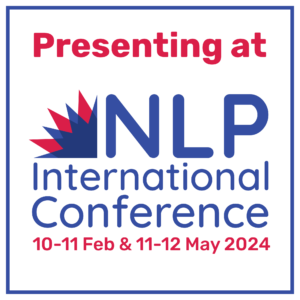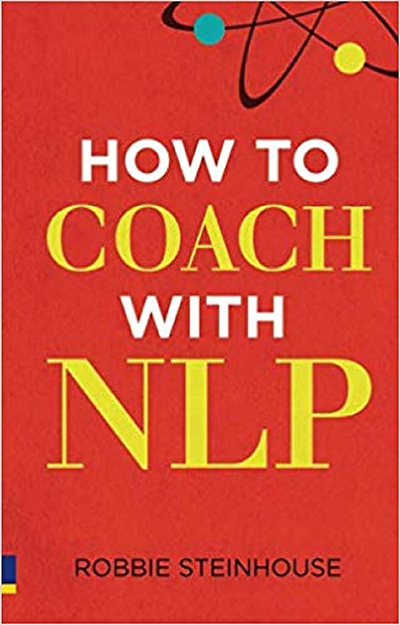Is NLP the only way to deliver meaningful change?
Is loyalty to the first change system you learnt a hindrance?
I have always been a sceptical person and that included during my original training in NLP over 20 years ago. I found that some in the NLP field seemed to be convinced that it was the ‘only way’ to deliver meaningful change. I have also noticed this amongst therapist and coaches who have qualified relatively recently and likewise believe in the dogma of the change system they were originally trained in.
Since that time, I have met a wide variety of highly experienced therapists and coaches who have attended my training, who still appreciating their original training, but also want to discover a range of new and effective approaches. I have also taken this approach myself and learnt a range of other approaches that I incorporate within my training courses.
Psychodynamics, especially Transactional Analysis
This model follows the idea that we have internalised certain behaviours and feelings that are parent-like, adult-like and child-like. An example of this is when a child scolds a toy: that copying process gives us a strong clue of how our inner-parent developed. When we are grown up, we often confuse this inner-parent voice as always providing rational and sensible information.
However, when we realise that much of this natural inner-voice was created in our early childhood, we can learn to differentiate when it is providing useful information, or when it is sabotaging us.
This also provides an explanation that having an inner-voice that can be unhelpful is completely normal (and advisable to ignore!)
Development Psychology, especially Spiral Dynamics
This model shows that people generally follow predefined stages in a predictable developmental path as they age. If a child is not allowed to easily pass through one of these developmental stages, then they are likely to have associated and predictable problems. For instance, if a child who goes through the ‘terrible twos’ is crushed by their parents, they often have polarised responses around setting boundaries – they are either conflict avoidant, or aggressive.
This knowledge can help to pinpoint when these issue arose and provide targeted techniques to help overcome them, such as Robert Dilts’ Reimprinting process.
I have found that his approach has really helped clients to identify and overcome issues that they felt were unique to them, and to overcome the shame associated with these behaviours.
Archetype psychology, especially Carl Jung and Carol Pearson
Summarising these ideas into three core human archetypal energies: Strength, Empathy and Humour – provides a roadmap for personal development. When one of these energies is lacking in a person, the resulting imbalance creates problems. As a personal example, I am somewhat conflict avoidant, and will use humour when a more direct approach (strength) would be more useful and honest.
Conclusion
One of the core NLP principles is ‘A map is not the territory’ – None of the above models are ‘true’, but they are a useful map. I like to compare this to learning music: just like a musician needs to learn chords before they can improvise, and so it is with change work: learn a system, but realise that none of them will have all the answers – a mix of systems is an improvement in my view, but they are still maps of our complex humanity.
Did you like this post?
Want to meet Robbie and find out more about NLP and other psychological approaches to change?
Sign up to our Feb 5th NLP Taster Day. Use code FANDF in the promo box at checkout to get a 50% discount.
Check out our other events and courses!
Where to find us
For posts, events, free open days and more, follow NLP School on:
Where to find Robbie
Twitter: @RSteinhouse
LinkedIn: Robbie Steinhouse
What to read next
Using Perceptual Positions for NLP Coaching
Go here to read more blogs on Transactional Analysis











